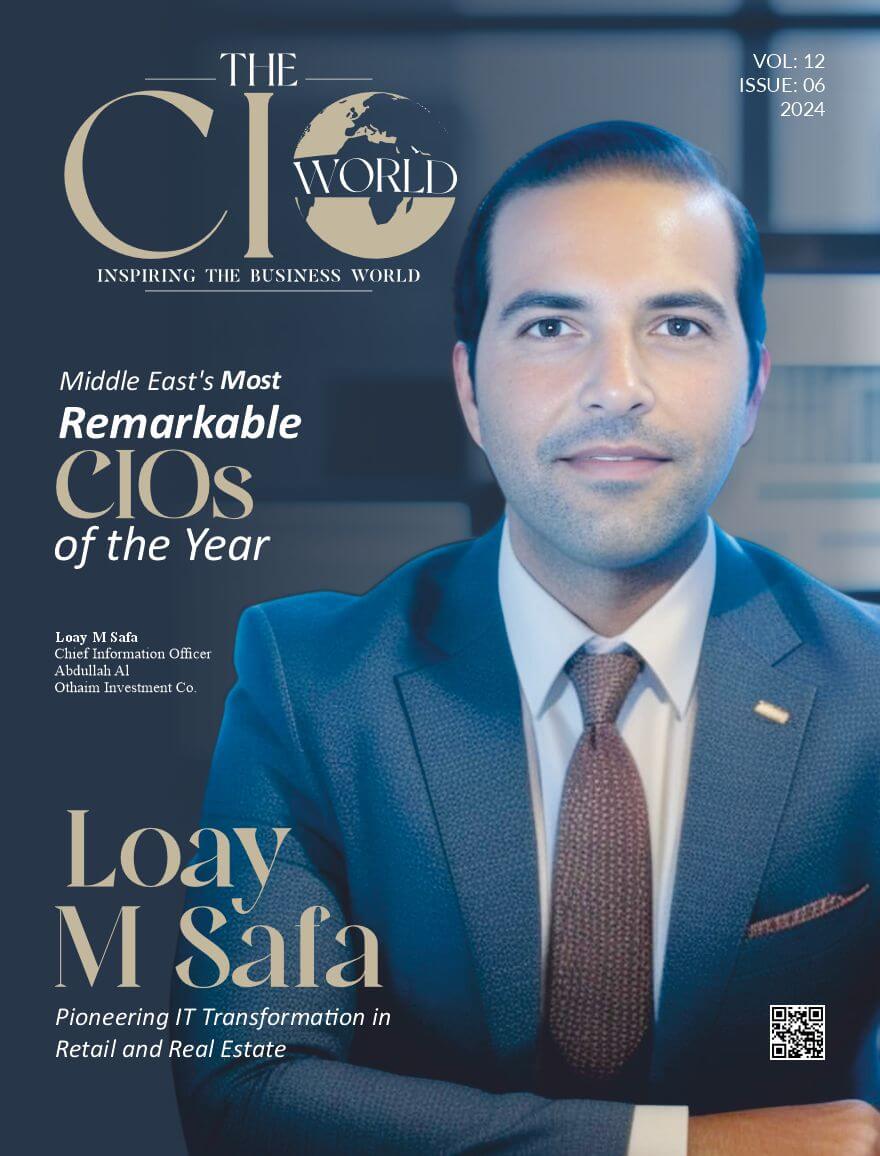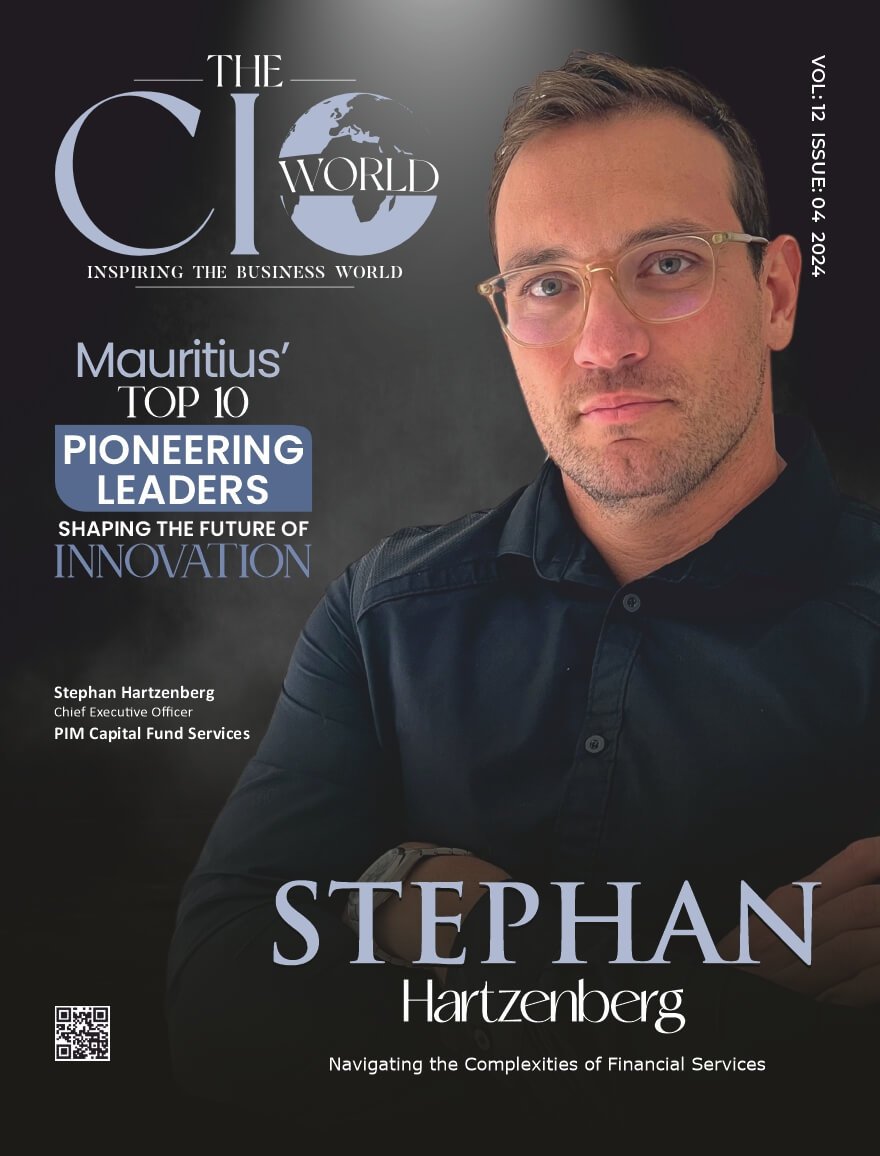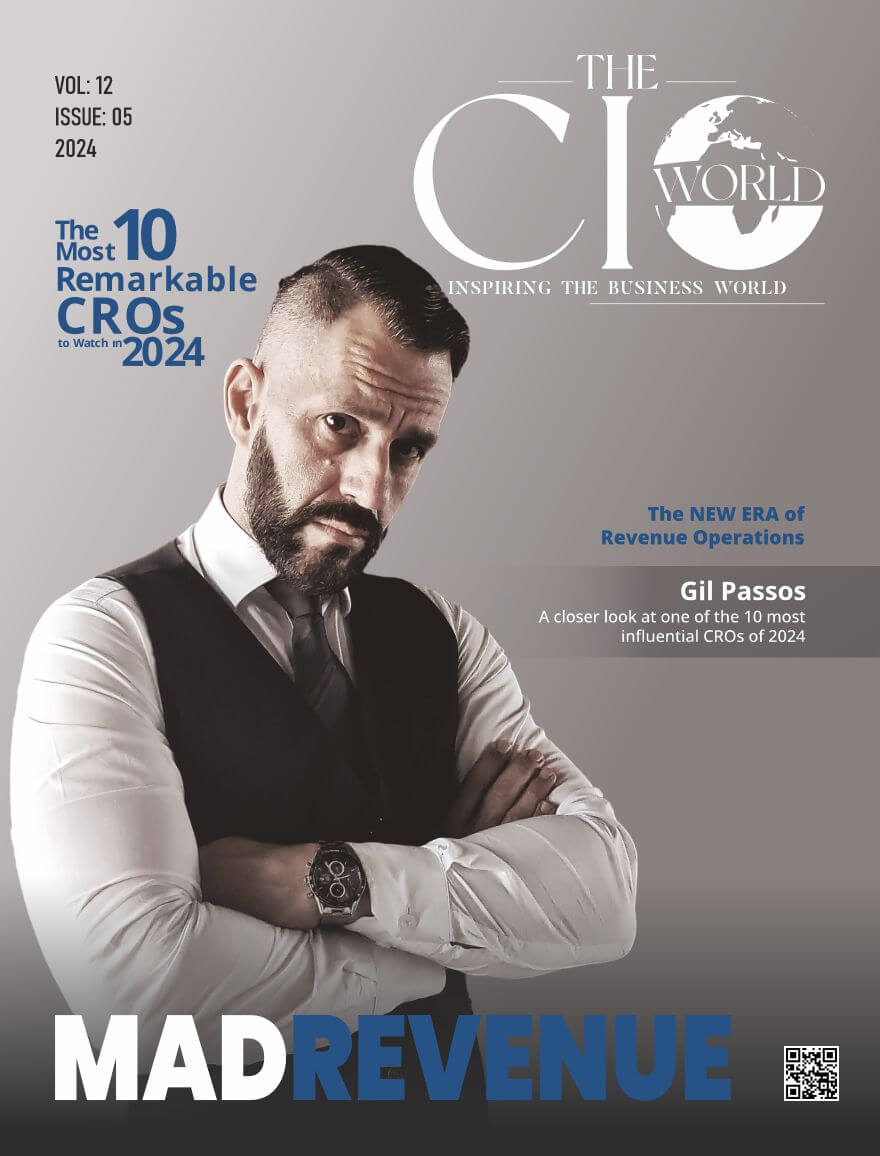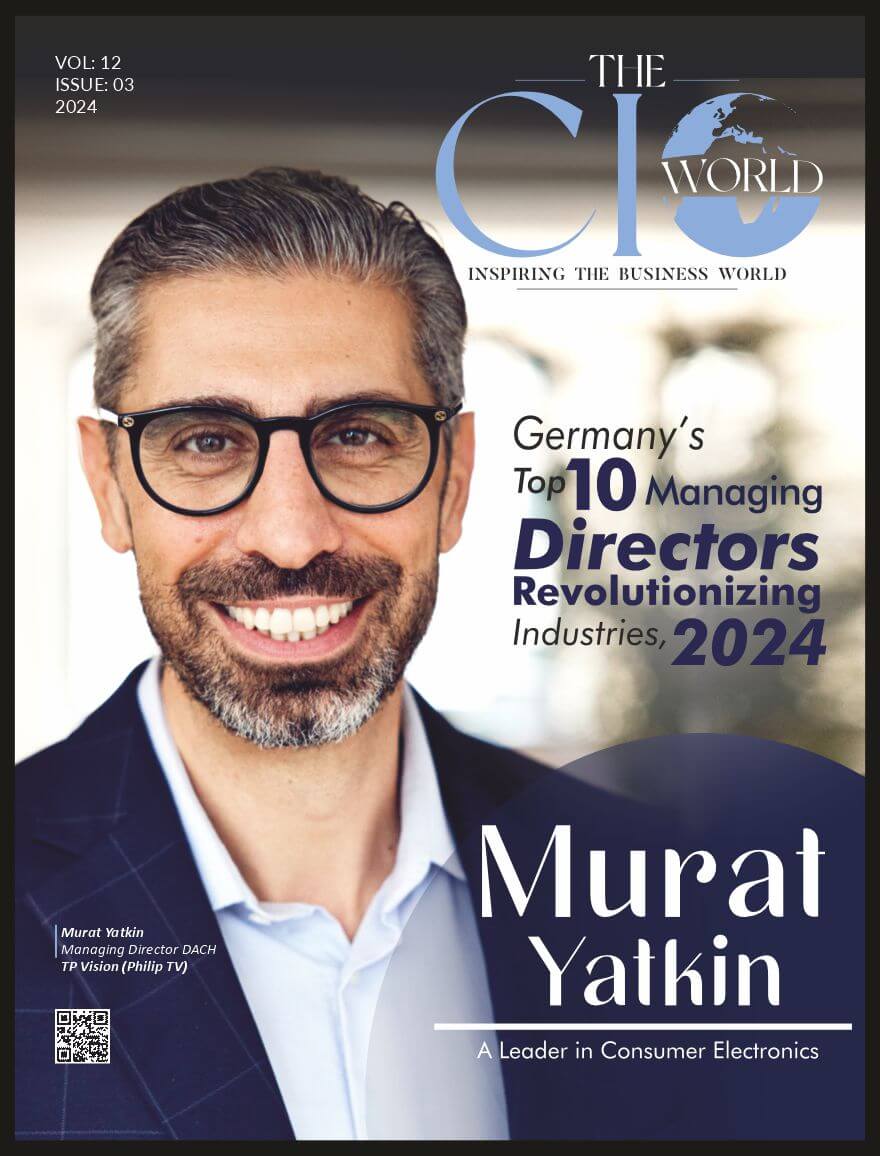The Emerging Disruptors –
Change is inevitable in the way that has worked in recent times. Majorly driven by technology and industry, the inclusion of automation and data exchange have made huge enhancements in developing technological changes.
Disruption refers to a process where a small firm with limited resources can proficiently challenge established current businesses. While doing so, their products and services for their most demanding customers expand some sections’ needs and neglect others’ needs.
Competitors are in the pursuit of targeting the overlooked segments with a desire to develop more convenient products and services at affordable prices. They tend to chase higher revenue from trending and demanding segments. In addition, to deliver conventional performance, customers need to have access to the beneficiaries of early success.
The entire focus of bringing diversity in the operations and running a full fledge business falls on the shoulders of prominent leaders of the organization. Leadership styles over the years have developed a lot, but the emerging disruptive changes in the industry can have a huge effect on the leadership styles in various ways.
So, let us know if it affects the advances in leadership
Say ‘Hello’ to Work from Home or Anywhere!
Along the way, there is the expansion of technology in business in various ways; one of the most noticeable changes that Emerging technology has brought to work is the ability to work remotely. Taking advantage of digitalization, Emerging technology has made it easier for employees by permitting them to work outside the office and perform their work responsibilities using a network. Teams can now work on the same project from anywhere in the world. This has given rise to a new level of trust between the leaders and the team members. Certainly, this format provided employees with the freedom of flexibility to approach work.
Flexible Management
Given the ability to work remotely, remarkable technological management tools are required. With the help of instant messaging and data sharing platforms like Slack and regular messaging applications like Whatsapp and WeChat, the team no longer needs to be in the same room to get updates on the work and check the status of work.
The project management forum has considerably changed from the days of written sheets equipped with manual performance monitoring. Leaders of the team can have a look at the progress of each project, and the hours required for each member can enable real-time tracking tools. It allows quick updates on reports of performance evaluation.
Technological Advancements
Advancements have evolved in the way business is conducted and the management of the team. It allows the manager to be on the frontline of handling the respective teams. Team leaders can now assess ways to give more time for members to focus on building bonds with the team. The entire process has increased their sense of ownership over their work. It is said that in the coming years, new approaches will emerge.
Automated Management
Traditional ways of dealing with in-person roles such as interviews, onboarding, and training of staff and KPIs have become even more accurate. Leaders today have taken over the use of technology to administrate, leveraging the power of virtual assistants and handling recurring tasks with automation. It, in turn, allows working over the clock, i.e., 24/7, giving the appearance of freeing up an ample amount of time to engage with team members in profound ways.
Moreover, meetings and appointments are scheduled, and members do not miss any updates. The mundanity of tasks has given the benefit of time to avoid the mandatory functions. Also, allowing the leads and the members the chance to turn more attention to high-priority areas where a human-centric approach is needed.
Competent Engagement With Customers
The showdown is the interactions with customers, partners, suppliers, employees, and even the broad ecosystem. Core work is performed digitally, where you are a listener with an open mind to learning and a desire to explore, discover, learn, and discuss with other team members. It enables the constant exchange of information and encourages them to face the challenge of a current view and opinion that is already set and incorporate a vision based on these exchanges.
The struggles of organizations like RadioShack demonstrate that no company or leader is immune to the fast-acting technological changes. Leaders who have a vision and adaptability and inculcate those visions through active engagement will ultimately bring active engagement to set a better position to stand over time.
Impact of Technology on Business
The emergence of the industry has changed the way business works. Artificial intelligence allows automation in the manufacturing industry. Cognitive computing and the cloud have also infiltrated homes, businesses, and political life. With the benefits of increased efficiency and lower costs come the risks of data security breaches and ethical issues, which could result in job losses.
Tech is bound to have a significant impact on the way organizations and people work. The right workplace composition and skill set are all we need for the future.
To summarize
Disruption theory does and might never explain everything about innovation, especially in the business industry. Many other forces are also in action, which will reward further study.
We are keen to expand and refine the theory of disruptive innovation as more work lies ahead of us. It might or might not work. A few cases of lack of knowledge and insufficient execution would not contribute to a failed response as an ever-growing community of researchers and practitioners continues to build on disruption and integrate with other perspectives as well.







